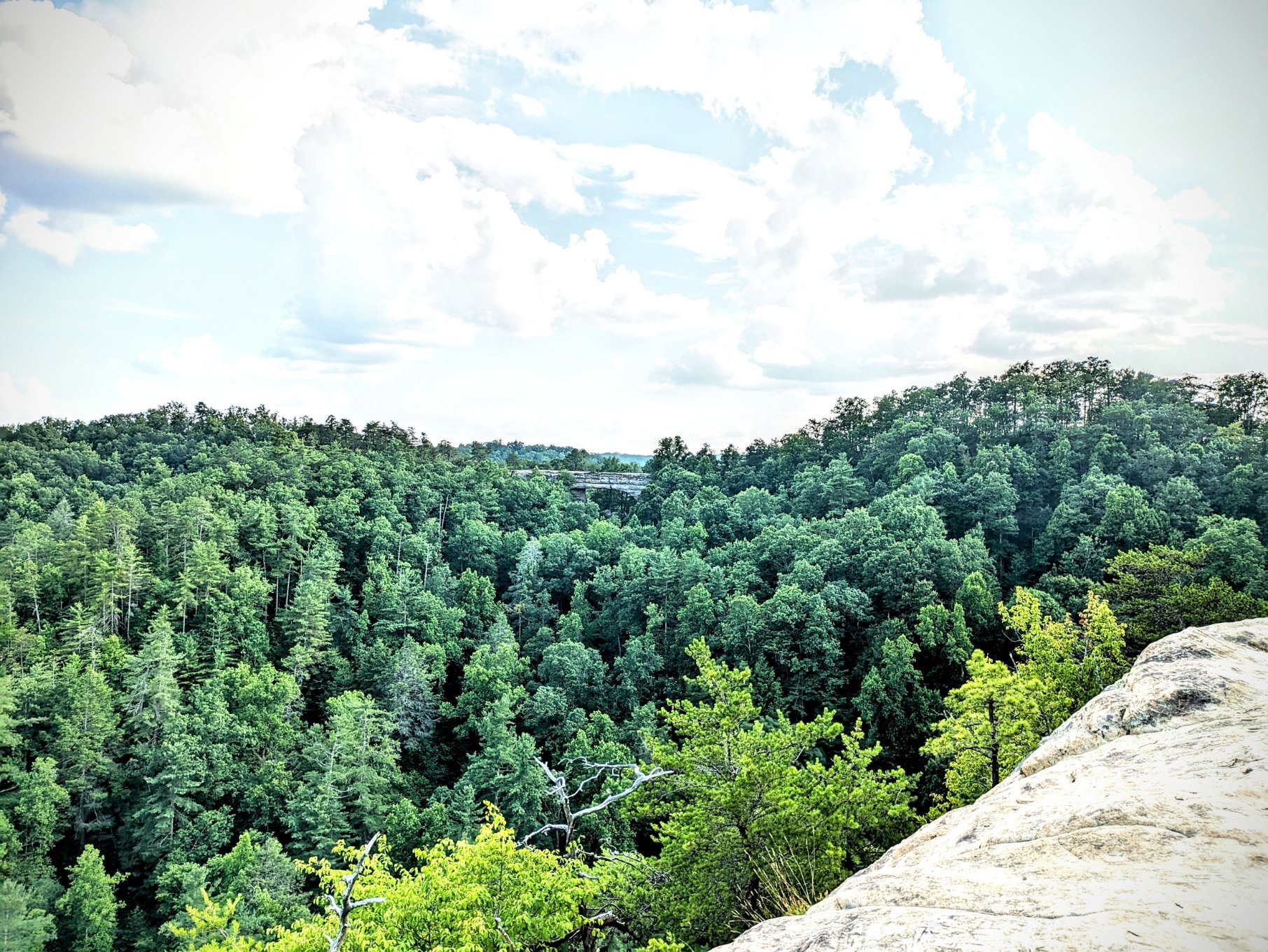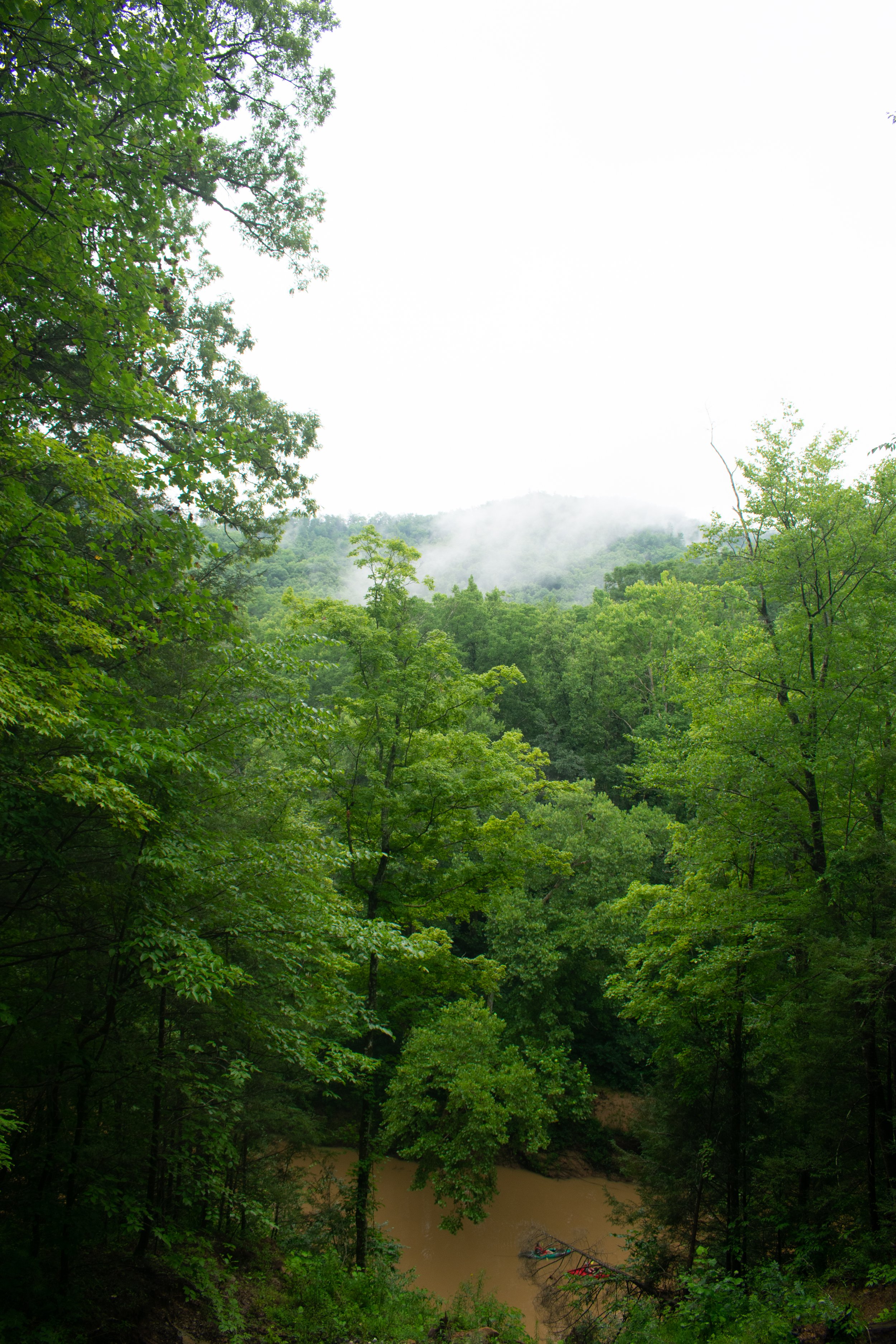
Because THis Place Matters
We're Working to Protect it
The RRG is a special place for all of us. There’s no place quite like it. Whether you’ve hiked here for decades, embarked on seasonal climbing trips, or just arrived today, you know the feeling of being in this incredible place.




The integrity of the RRG is at stake. If development continues unguided, the region will suffer consequences associated with mass-scale tourism: gentrification, environmental degradation, and franchise takeover, to name a few.
THe Secret is out
We envision Something Different
What about an RRG where small business thrives, injecting dollars back in the community? What about an RRG where the most sensitive, diverse sections of land are protected for public access and education? What about a future RRG where locals and visitors continue to connect and interact with the land they love?
That’s what we see.
Land Conservation
How can we who treasure the RRG support the beauty, peace and tranquility that this one-of-a-kind place has to offer?
An obvious answer emerges: we can collectively buy land. We can preserve the best of the RRG for everyone, because the RRG belongs to us all.
Joining the Land Trust Alliance, a national organization of 800+ land trusts, RRGU has opened the area's first land trust.
Why is land conservation in the RRG so important?
How does land conservation work?
Join us! For as little as $1.00 you can help preserve 1²ft of land in the RRG.
